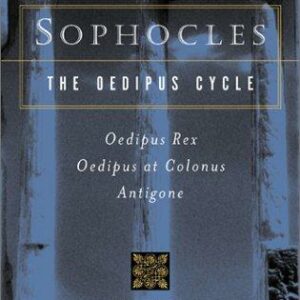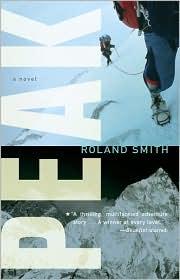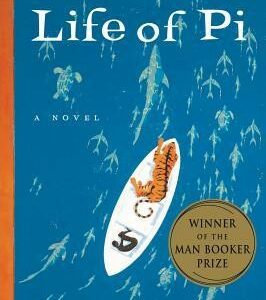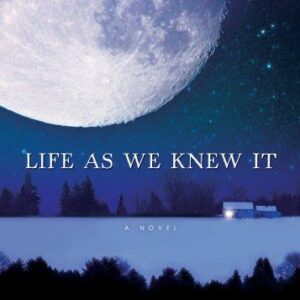Theo Angelopoulos
$90.00
| Title | Range | Discount |
|---|---|---|
| Trade Discount | 5 + | 25% |
- Description
- Additional information
Description
The cinema of Theo Angelopoulos is celebrated as challenging the status quo. From the political films of the 1970s through to the more existential works of his later career, Vrasidis Karalis argues for a coherent and nuanced philosophy underpinning Angelopoulos’ work.
The political force of his films, including the classic The Travelling Players (1975), gave way to more essayistic works exploring identity, love, loss, memory and, ultimately, mortality. This development of sensibilities is charted along with the key cultural moments informing Angelopoulos’ shifting thinking. From Voyage to Cythera (1984) until his last film, The Dust of Time (2009), Angelopoulos’ problematic heroes in search of meaning and purpose engaged with the thinking of Plato, Mark, Heidegger, Arendt and Luckacs, both implicitly and explicitly.
Theo Angelopoulos also explores the rich visual language and ‘ocular poetics’ of Angelopopulos’ oeuvre and his mastery of communicating profundity through the everyday. Karalis argues for a reading of his work that embraces contradiction and celebrates the unsettling questions at the heart of his work.
Vrasidas Karalis is Sir Nicholas Laurantus Professor of Modern Greek and Chair of Modern Greek at the University of Sydney, Australia. He is author of Realism in Greek Cinema (I.B.Tauris, 2017), Cornelius Castoriadis and Radical Democracy (2014), A History of Greek Cinema (Bloomsbury, 2012), Power, Judgment and Political Evil: In Conversation with Hannah Arendt (2010).
1. Introduction: against the historicist imprisonment of art
2. The quest for existential poesis Or Prelude to Theo Angelopoulos’ Iconosophy3. On First Encountering Theo Angelopoulos Or on the Existential Grounding of films
4. On Seeing films Philosophically Or from Politics to Existence
5. On Being, Loss & Memory Or the social ontology of historicity
6. On Redemption: Saving the Phenomena and the Dread of Shadows in Eternity and a Day7. The Risk of Being Tempted by the ‘Déjà vu’ Or on the Ontological Sublime
8. Visual Essay: The Discovery of the Psyche
BibliographyIndex
“This book has impressively decoded the potential of philosophical complexities in Angelopoulos’ films. Vrasidas Karalis has un-framed the director’s cinematic language from traditional filmic reasoning and previously marked spatiotemporal ocular ‘slowness’, to reach the anti-rhetorical interpretation in terms of: visuality, aesthetics and logic towards Angelopoulos’ art.” —Grzegorz Pamrów, CEO, Speakers’ Avenue, Educational Film Collective, Poland“Vrasidas Karalis’s new book on the inexhaustible, profound and mysterious cinema of Theo Angelopoulos offers a bold and original argument. Can philosophical thinking occur purely through the work of images, without standard plots and characters? Karalis affirms and demonstrates this possibility in all its historical complexity. It’s an extraordinary achievement.” —Adrian Martin, Adjunct Professor of Film and Media Studies, Monash University, Australia
Additional information
| Weight | 1 oz |
|---|---|
| Dimensions | 25 × 138 × 216 in |











